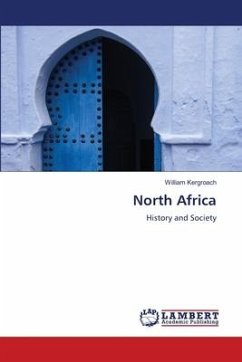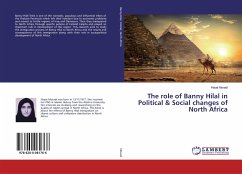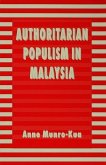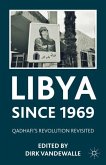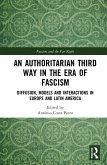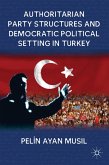This book is aimed at finding participatory elements and traditions in the governmental institutions of Egypt since the 19th century and how these contributed to the development of democratic structures. It focuses on parliamentarianism and constitutionalism as well as Egyptian history of law and local government, which reflect the shift in influence from a Turco-Circassian elite to native Egyptians, later from the rural notables to an urban bourgeoisie, and since the 1952 Revolution to a new elite of military officers and bureaucrats coming from the lower middle class. Throughout these 200 years Egypt remained overall an authoritarian ruled, centralized country with little autonomy on the local level. The input of political movements and socio-economic developments, as well as the complex relationship between the rulers and the population as well as the style in leadership continuously played a major role in the development of Egypt's political institutions. Some of these movements, like the leftist, never arose to big players in Egyptian society, whilst others, in particular the Muslim Brethren, increased their influence up to the present. Due to their weak performance in parliament and their authoritarian personal leadership, political parties - except for the Wafd - were never based in the population, thus reflecting the personal approach of most Egyptians towards politics.
Bitte wählen Sie Ihr Anliegen aus.
Rechnungen
Retourenschein anfordern
Bestellstatus
Storno



